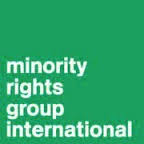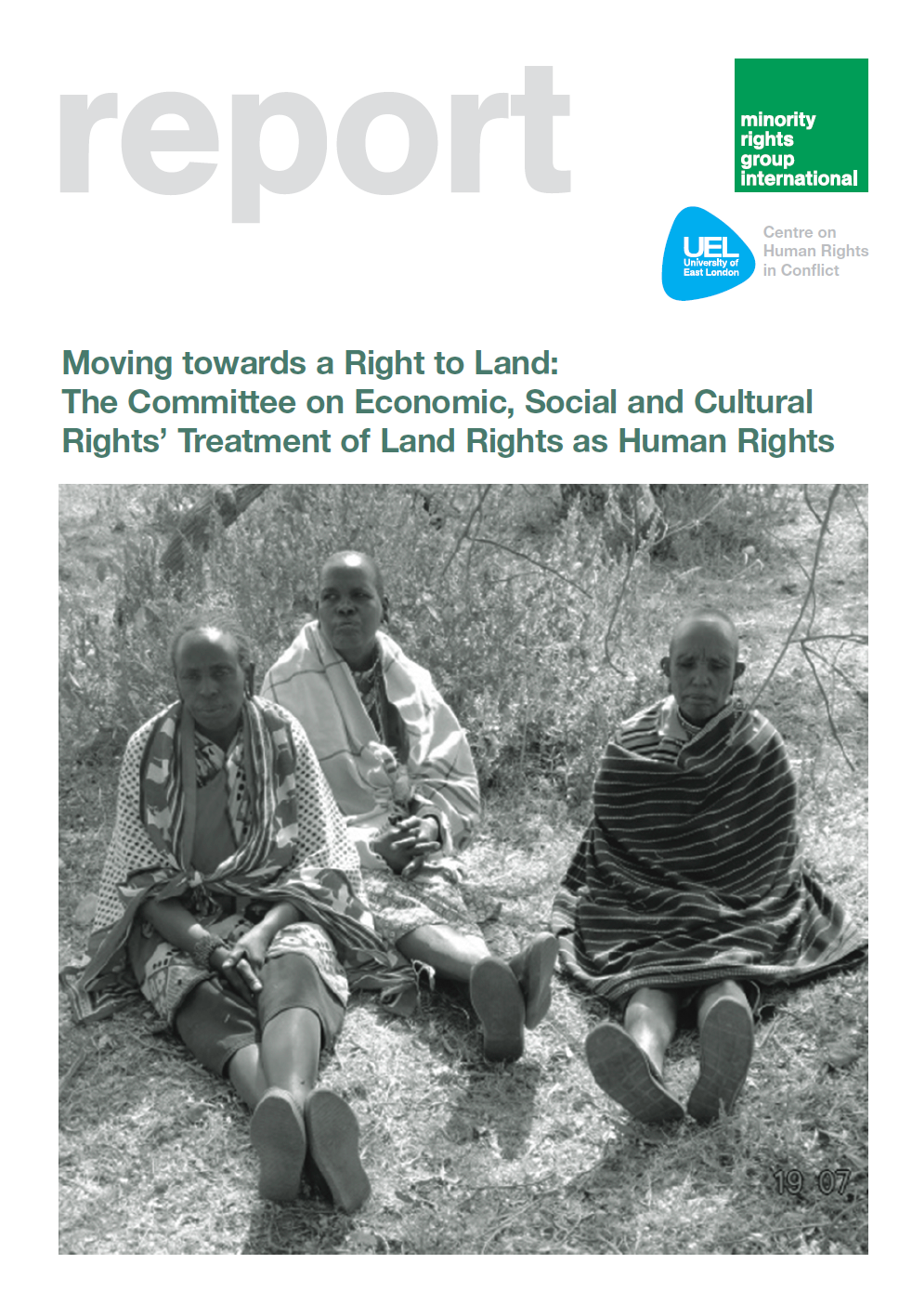Minority Rights Group International campaigns worldwide with around 130 partners in over 60 countries to ensure that disadvantaged minorities and indigenous peoples, often the poorest of the poor, can make their voices heard. Through training and education, legal cases, publications and the media, we support minority and indigenous people as they strive to maintain their rights to the land they live on, the languages they speak, to equal opportunities in education and employment, and to full participation in public life.
We understand how discrimination based on age, class, gender and disability can have a multiple impact on disadvantaged minorities, and our campaigns target governments and communities to eradicate such attitudes.
Minority Rights Group International has over 40 years experience of working with non-dominant ethnic, religious and linguistic communities and we bring a long term view of these issues to bear in all the work we do.
We work with minorities as diverse as the Batwa in Central Africa, Roma in Europe, Christians in Iraq and Dalits in India and Nepal to name but a few.
MRG is an international non-governmental organization (NGO) with an international governing Council that meets twice a year. We have consultative status with the United Nations Economic and Social Council (ECOSOC) and observer status with the African Commission for Human and Peoples’ Rights.
Members:
Resources
Displaying 1 - 4 of 4Moving towards a Right to Land: The Committee on Economic, Social and Cultural Rights’ Treatment of Land Rights as Human Rights
In many countries, land rights and security of tenure constitute the basis for access to food, livelihoods, housing and development for a large percentage of the population. Without access to land, many people find themselves in a situation of great economic insecurity.
Land, livelihoods and identities inter-community conflicts in East Africa
Pastoralism on the margin
This report focuses on the sustainability of pastoralism in the lowlands of the Great Rift of East Africa and the Horn, arguing that pastoralism as a mode of production and a way of life has entered a phase of decline, often accompanied by conflict, drought, famine and flooding.The report details the historic evolution and chief characteristics of pastoralism, discussing the eras of colonialism and independence, livestock development, land tenure and conflict, as well as local and regional politics.




